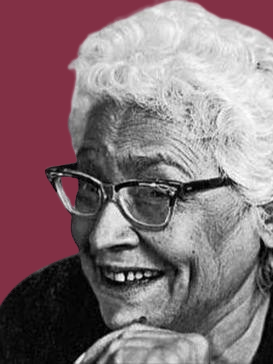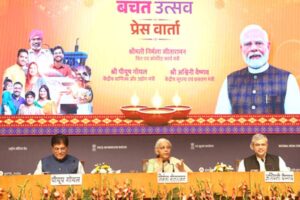
Ismat Chughtai file image I ANN News
Ismat Chughtai was born on 21 August 1915 in Badayun, Uttar Pradesh. She is one of Urdu literature’s finest writers. Chughtai is celebrated as an early feminist voice in Urdu literature. Her stories broke taboos, focusing on the struggles of women from lower and middle-class backgrounds.
Chughtai understood the issues faced by women in her era. She highlighted these issues passionately in her stories. Chughtai focused on the lack of education and oppressive social conditions faced by women. She envisioned a world where women could break free from male dominance.
ALSO READ : Mukesh Ambani Spotted with Pakistani Politician Sharmila Faruqui at Disneyland Paris
In “Chauthi Ka Joda” (The Wedding Suit), Chughtai tells the story of Bi Amma, a poor widow. Bi Amma is obsessed with marrying off her daughter, Kubra. Despite her efforts, every attempt to marry Kubra ends in failure. Rahat, a cousin, stays with them for a month, leading to trouble. Rahat flirts with Kubra’s sister, Hameeda, instead of Kubra. He leaves without marrying either sister, leaving Bi Amma devastated. Kubra dies of tuberculosis, and her wedding dress becomes her shroud. The story highlights the pressures and financial burdens faced by lower-class women.
In “Jadein” (Roots), Chughtai explores the emotions of an elderly woman during Partition. The woman refuses to leave her home for Pakistan. She clings to her roots, viewing the move as a death sentence. The story reflects the deep connection people have to their homeland. It also shows the unity between Hindus and Muslims who resisted Partition.
“Lihaaf” (Quilt) addresses homosexuality, a daring topic at the time. The story focuses on Begum Jaan, a woman neglected by her husband. Her husband, Nawab, is more interested in young boys. Begum Jaan finds comfort and intimacy with her maid, Rabbu. The story exposes female sexuality and the consequences of marital neglect.
In “Kaisi Biwi Kaisa Shohar” (Husband and Wife), Chughtai tells the story of Aamina, a woman who suffers abuse from her husband and mother-in-law. Aamina eventually rebels and starts a tuition business, gaining independence. Her journey from submission to empowerment is a powerful message for women.
Ismat Chughtai’s stories capture the struggles of middle-class Muslim women with depth and authenticity. Her characters speak the language of these women with boldness, making Chughtai a distinctive voice in Urdu literature. She portrayed harsh realities and inspired women to seek freedom from oppression.







